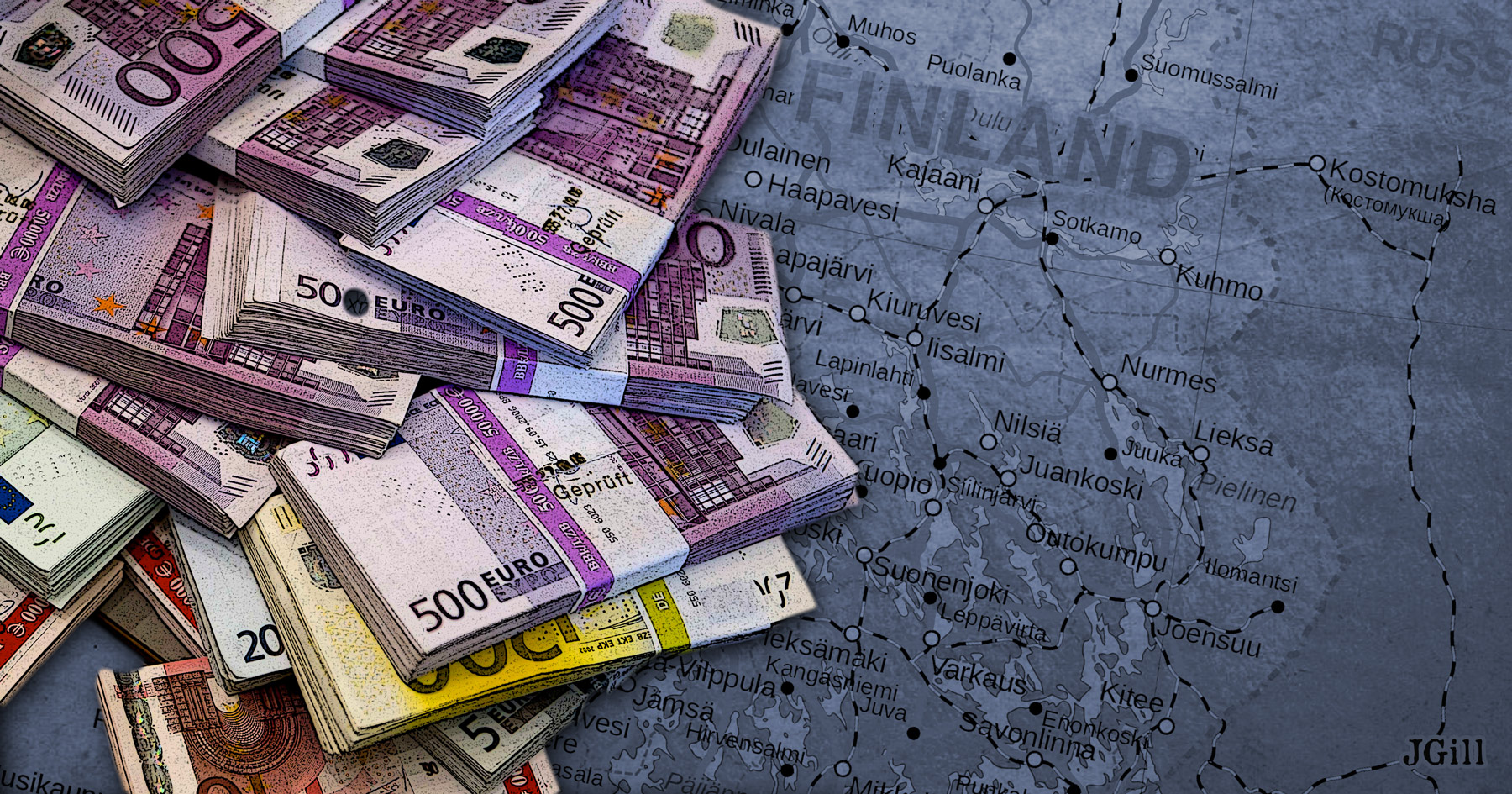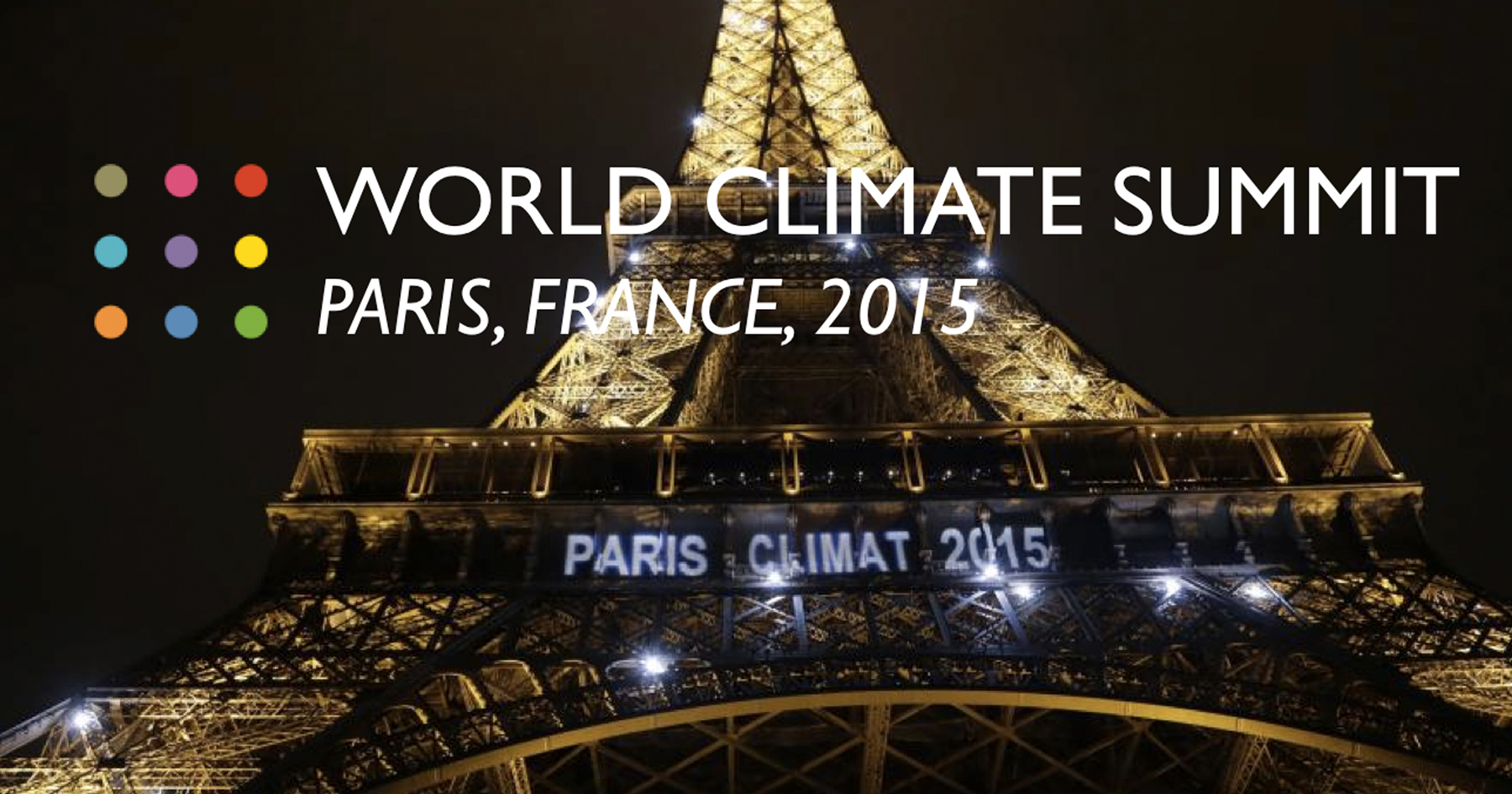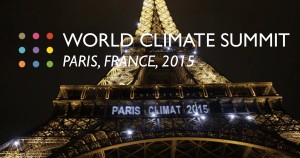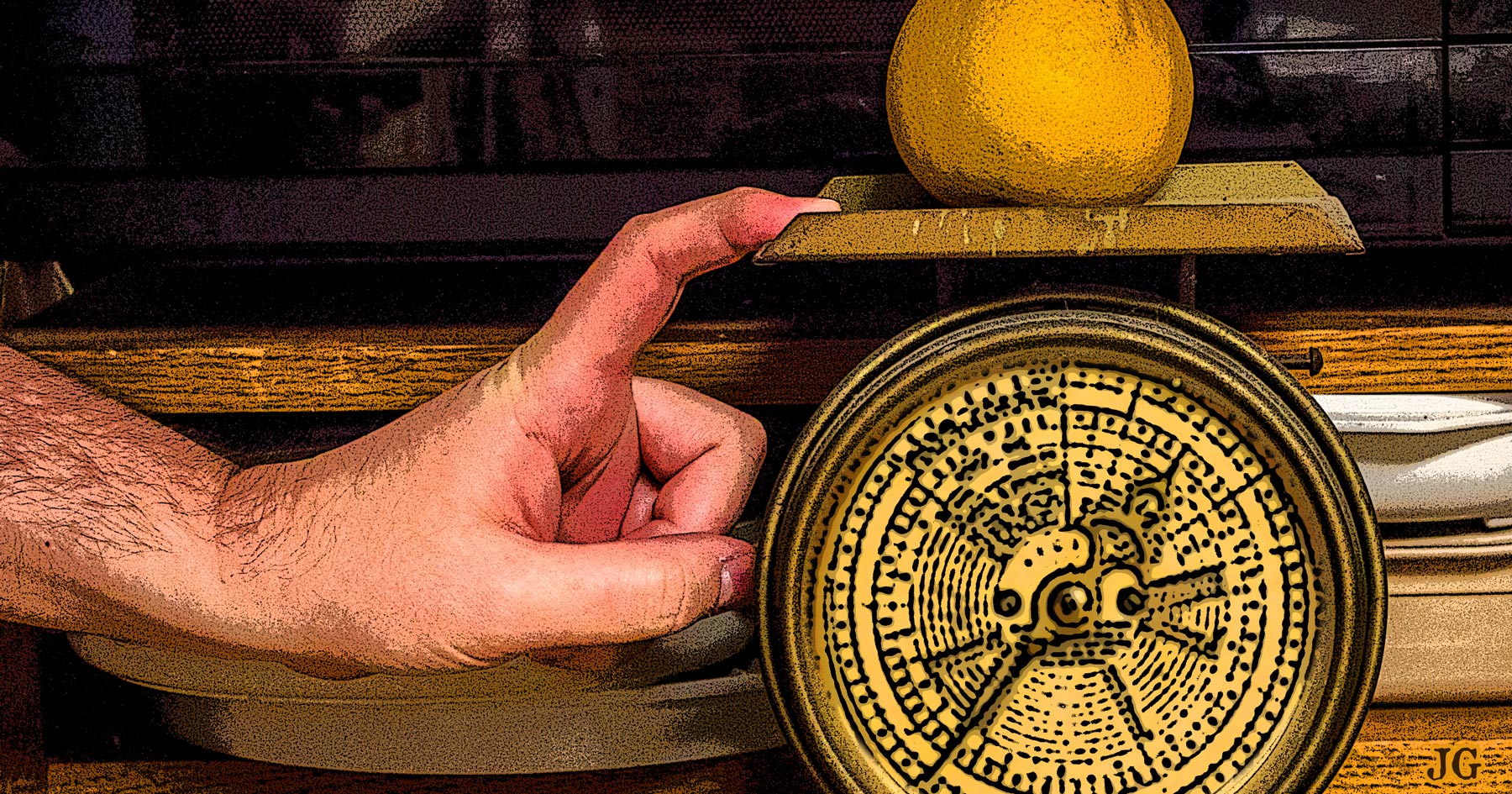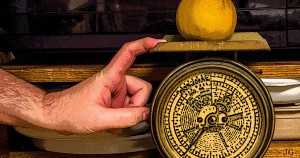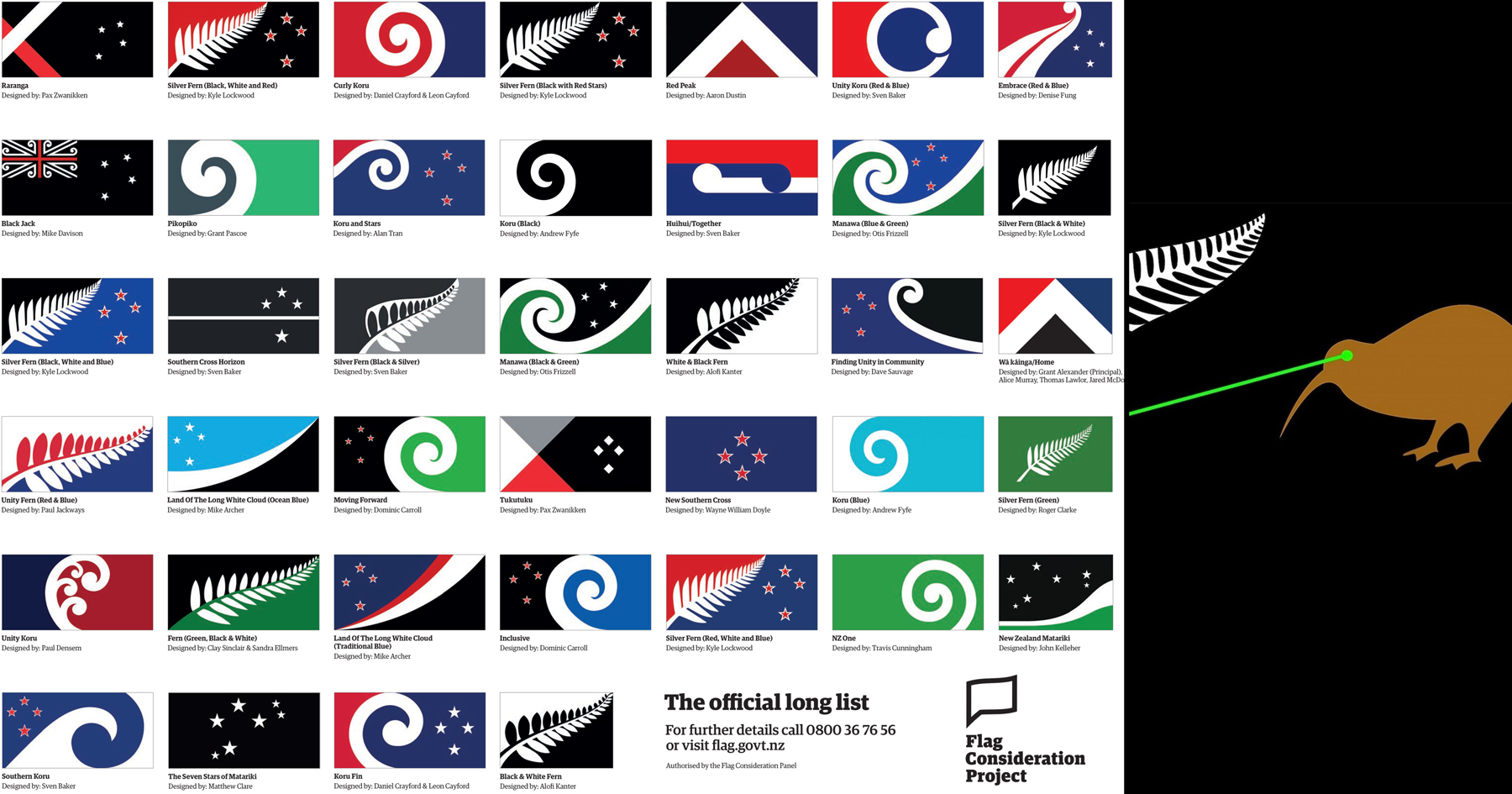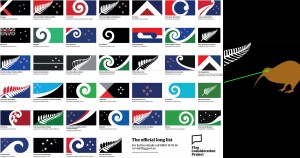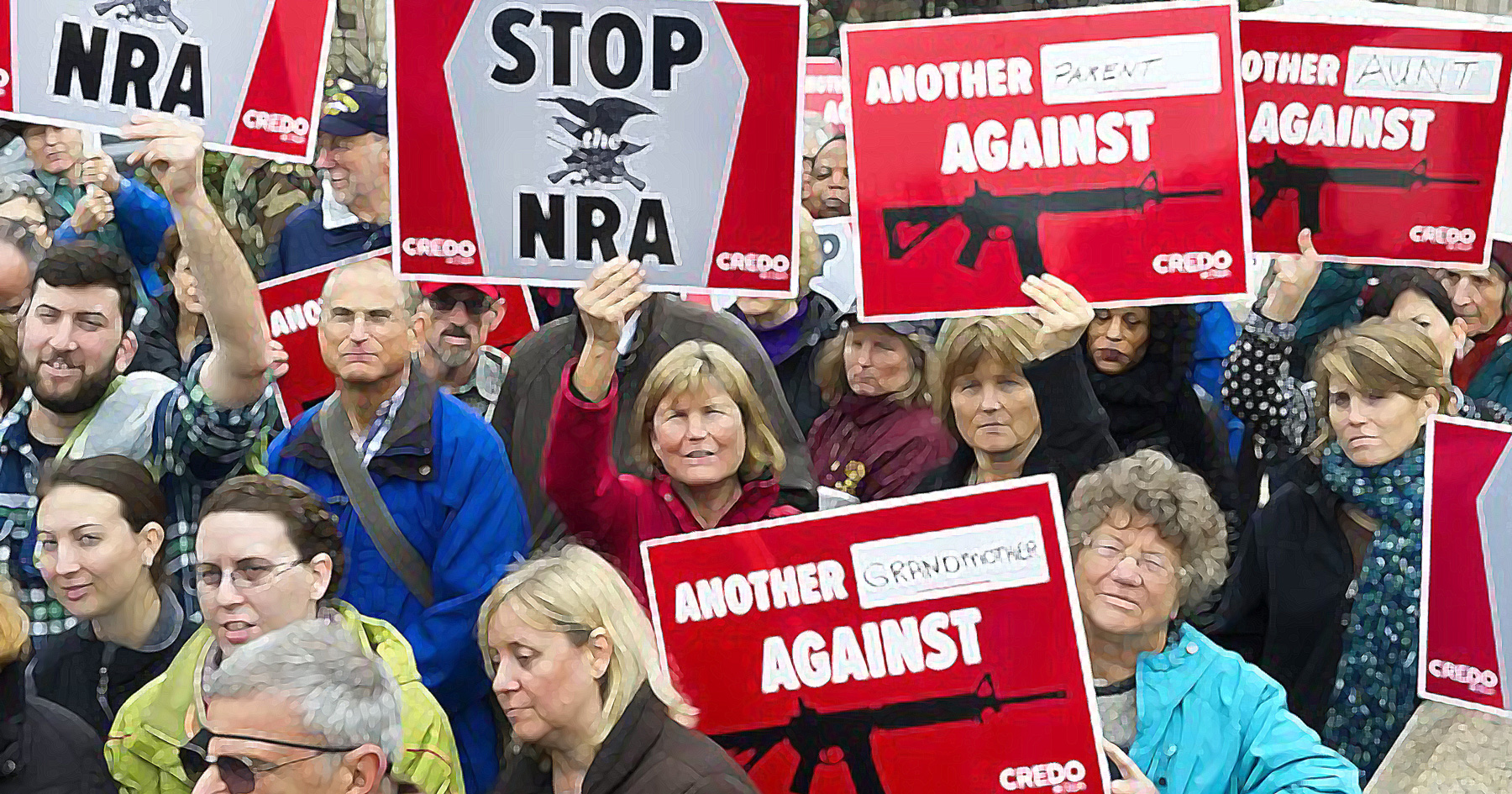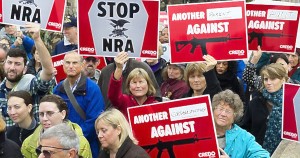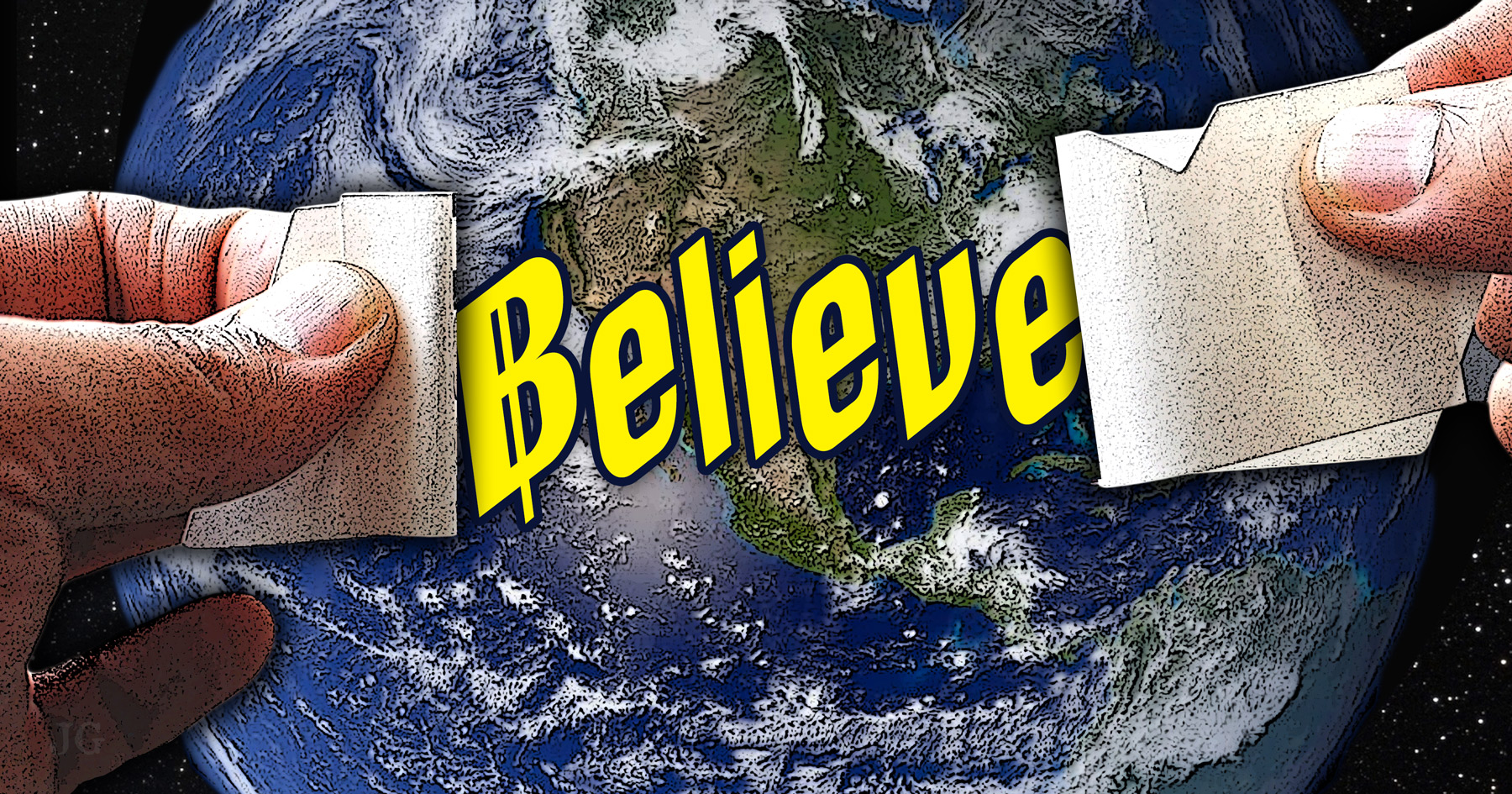Some folks think the world owes them a living.
Must we appease them?
Should government hand every man, woman and child a check each month to make sure we’re all taken care of?
Finland is embracing this basic idea with a pilot program, providing everyone an “unconditional basic income” (UBI). Treating citizens equally is enshrined in Finland’s constitution, so every Finn will receive the same 800-euros a month without regard to income or lack thereof.
It sounds like Democrat George McGovern’s “guaranteed annual income,” which was mocked and ridiculed during the 1972 presidential campaign.
But you might be surprised who has supported the UBI: free-market economist Milton Friedman advanced the similar “negative income tax” back in 1962; Martin Luther King liked it; Austrian economist F. A. Hayek endorsed the concept; Charles Murray, author of Losing Ground, has developed a version of the proposal.
The rationale? Save money by consolidating duplicative welfare programs. After all, the U.S. government runs 79 means-tested benefit programs, each with its costly, redundant bureaucracy.
Counter-intuitively, perhaps, Finland’s social engineers think the move will increase employment. Why? Because welfare benefits currently can be withdrawn when Finns gain employment and the attendant income, which discourages folks from risking their secure base benefits.
That’s the case here, too.
The government passing out money — our money — stinks. Folks should take care of themselves, or depend on charity — not confiscatory taxation. Yet, if this version of a safety net does indeed encourage industry, employment, and good old-fashioned money-making amongst the poor … it may very well be a step in the right direction.
This is Common Sense. I’m Paul Jacob.
